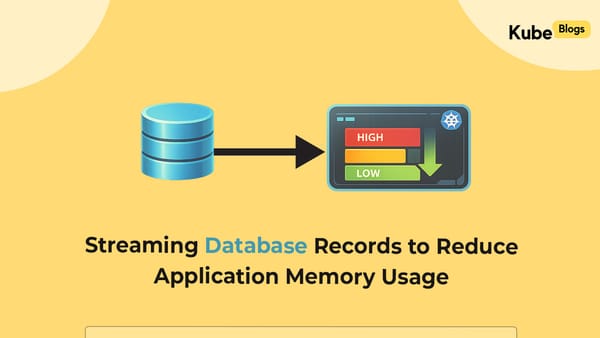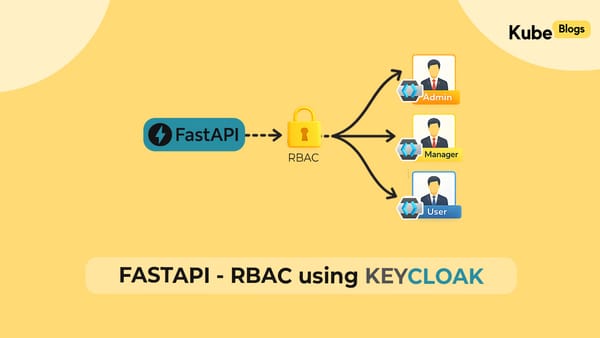Table of Contents
Introduction
Django’s ORM is very powerful, and PostgreSQL offers decent full-text search—but when you need real-time, typo-tolerant, and lightning-fast search across thousands of records, traditional methods fall short. This blog explores how to integrate Algolia into your Django project to unlock seamless search capabilities that feel instant and intelligent.
The Problem
Imagine you're building an e-commerce platform with thousands of products. Users expect Google-like instant results while typing. With Django’s ORM, filtering large datasets with multiple fields using icontains queries quickly becomes inefficient. Even PostgreSQL’s full-text search can’t match the responsiveness, ranking control, or typo-tolerance users expect today.
Why Alternatives Fall Short
- Django ORM: Excellent for structured queries but poor at handling large-scale full-text search with fuzzy matching.
- PostgreSQL Full-Text Search: Better, but setting up ranking, relevance tuning, typo tolerance, and fast autocomplete is complex.
- ElasticSearch: Powerful but overkill for many Django apps, with operational overhead and a steep learning curve.
In short, they either lack speed or flexibility or are too complex to maintain.
The Solution: Algolia
Algolia offers a developer-friendly, hosted search engine that indexes your data and delivers instant results—out of the box. It supports typo-tolerance, custom ranking, synonyms, filters, and more. Most importantly, it integrates smoothly with Django via the algoliasearch-django package.
Implementation Strategy
1. Install Required Package
pip install algoliasearch_django
2. Configure Django Settings
In settings.py:-
INSTALLED_APPS = [
# ...
'algoliasearch_django',
]
ALGOLIA = {
'APPLICATION_ID': 'YourAlgoliaAppID',
'API_KEY': 'YourAlgoliaAdminAPIKey',
'SEARCH_API_KEY': 'YourAlgoliaSearchOnlyKey', # for frontend use
'INDEX_PREFIX': 'dev_' # optional, helps with env separation
}3. Define an index
Create search_indexes.py inside your app:
from algoliasearch_django import AlgoliaIndex
from algoliasearch_django.decorators import register
from .models import Product
@register(Product)
class ProductIndex(AlgoliaIndex):
fields = ['name', 'description', 'price']
settings = {
'searchableAttributes': ['name', 'description'],
'customRanking': ['desc(created_at)'],
}
def get_raw_record(self, obj):
record = super().get_raw_record(obj)
record['objectID'] = f'product_{obj.id}'
return record4. Reindex Your Data
python manage.py algolia_reindex
This syncs your DB with Algolia.
5. Create a Backend Search View
from django.http import JsonResponse
from algoliasearch.search_client import SearchClient
from django.conf import settings
client = SearchClient.create(
settings.ALGOLIA['APPLICATION_ID'],
settings.ALGOLIA['API_KEY']
)
def search_products(request):
query = request.GET.get('query', '')
index = client.init_index('dev_products')
res = index.search(query)
return JsonResponse(res)
Tips & Best Practices
- Use
get_raw_record()to control exactly what gets indexed. - Always define a unique one,
objectIDor updates won’t work correctly. - Keep indexing minimal—index only the fields required for search.
- Use the one
SEARCH_API_KEYon the frontend, not the admin key. - Use Algolia’s dashboard to fine-tune ranking, synonyms, filtering, etc.
Conclusion
Integrating Algolia into Django unlocks a new level of user experience. You get instant, typo-tolerant search without dealing with complex search infrastructure. Whether you’re building a store, blog, or internal dashboard, this approach will save you time and delight your users.
Got feedback or a question? Feel free to connect or fork the setup!






